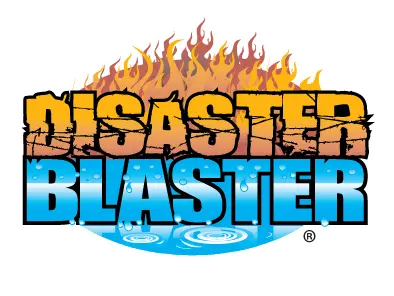
When the temperatures drop, frozen and broken pipes often follow. This can be particularly problematic for plumbing that is in exterior walls or that runs through unheated areas of your home. Should a water pipe freeze and break, it can cause significant water damage and even mold growth.
But there are some things you can do to prevent frozen pipes in the first place!
Short term solutions
Since it’s already winter, you’re likely looking for a quick or temporary solution to prevent your pipes from freezing. Here are a few:
- If the plumbing is exposed, such as in a basement, wrapping your pipes with pipe insulation or heat tape can make a significant difference. Keep in mind however that this may not be possible for sections of pipe that run through walls or ceilings.
- Turning the heat up inside can prevent pipes from getting cold enough to freeze, particularly if they are exposed. For plumbing under sinks or in cabinets, opening the cabinet doors can allow more warm air to reach the plumbing as well.
- As running water is much less likely to freeze, running faucets at a trickle will very often prevent the connected pipes and plumbing from freezing too. While this is very much a short-term solution, it can prevent frozen pipes in a pinch.
Long term solutions
Once winter is over, you may wish to look into a more permanent fix so that you don’t have to worry about your pipes freezing next year! Here are some projects that can help:
- Consider moving pipes that are in especially susceptible areas, such as exterior walls (particularly corners), unheated crawlspaces or garages, and poorly insulated areas.
- Better insulate areas near and around plumbing and install pipe insulation. The better insulated your water pipes, the less likely they are to get cold enough to freeze.
- Upgrade your water supply pipes to PEX. PEX has been around for a while, but many homeowners don’t yet know about it. These flexible polyethylene tubes can stretch and flex, reducing the likelihood of a burst pipe in the event they do freeze.
Hopefully your pipes don’t freeze this winter, but with the extreme cold and polar vortexes that our area has seen the last few years, this has become a common problem. Should you experience a broken pipe, make sure to contact Contact Your Local Disaster Blaster! We’re always here to help!
Interested in older news stories? Please see our News Archive.

